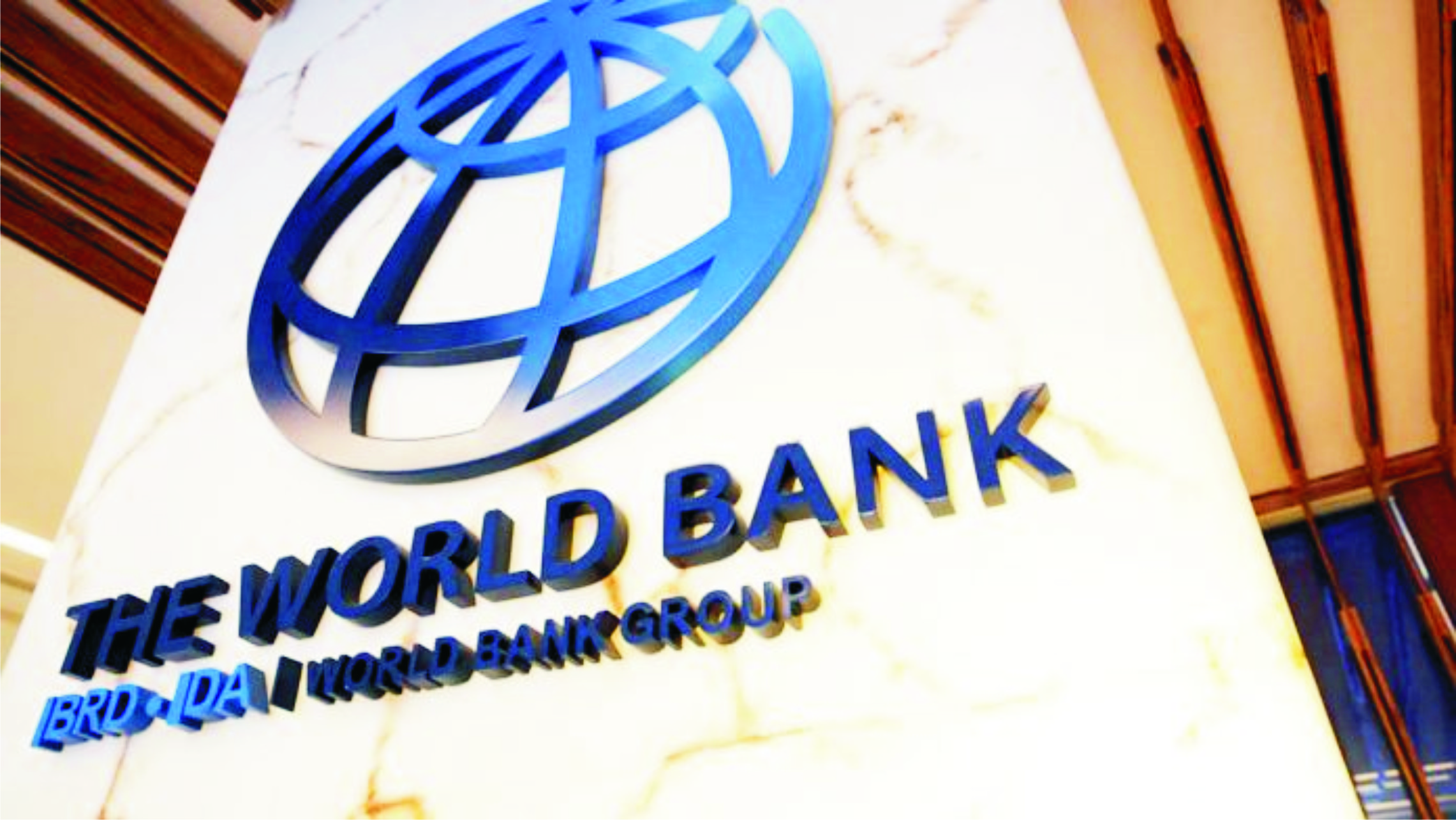Business
Oil Production Fell In Nigeria Over Poor Maintenance

The global apex bank,World Bank, has said lack of maintenance and loss of infrastructure efficiency were responsible for the decline in production of oil in Nigeria in 2021.
It stated that Nigeria was yet to benefit from increasing oil prices as a result of declining oil production and fuel subsidy
World Bank disclosed this in a new report, ‘Migration and Development Brief’, titled ‘A War in a Pandemic: Implications of the Ukraine crisis and COVID-19 on the global governance of migration and remittance flows’.
“Nigeria has not been able to benefit from higher oil prices to date as oil production declined in 2021 due to lack of maintenance and loss of infrastructure efficiency; and domestic petrol prices remain fixed increasing the cost of the ‘Premium Motor Spirit’ subsidy, a large and growing fiscal burden”, it stated.
Also in a different World Bank report, titled ‘Global Flaring and Venting Regulations: 28 Case Studies from Around the World’, it was disclosed that within almost a decade, oil production declined by 40 per cent in Nigeria.
“Nigeria’s oil production fell by nearly 40 per cent from 2012 to 2021. During this period, the flaring intensity barely changed. The volume of gas flared declined broadly in proportion to oil production, falling 25 per cent, from 9.6 bcm to 6.6 bcm. There were 166 individual flare sites in the last flare count, conducted in 2019,” the report stated.
Nigeria has the largest shortfall among oil-producing countries as a result of sabotage within the oil production system and other factors, such as low investments and the pandemic, according to the World Bank.
Nigeria has a shortfall of 500,000 barrels per day, while Angola and Russia both have a shortfall of 300,000 barrels per day.
”At present, the largest shortfalls are in Nigeria (0.5 mb/d) and Angola and Russia (each 0.3 mb/d). Production has been affected by a variety of temporary factors including maintenance (Kazakhstan and Libya), protests (Kazakhstan), sabotage (Nigeria), and bad weather (Iraq, Libya).” world Bank disclosed.
Earlier in April 2022, it was reported that the OPEC raised Nigeria’s oil production quota from the 1.735 million barrels per day target approved in April 2022 to a new target of 1.753 million barrels per day for May 2022.
OPEC’s increased oil production quota for Nigeria came as the Federal Government called for an inclusive energy transition that would be beneficial to not just Nigeria but to other countries in Africa.
By: Corlins Walter
Business
Tinubu’s RHI Doles Out N50m To 1,000 Kwara Petty Traders

Business
UBA To Educate SMEs, Business Owners On Withholding Tax


